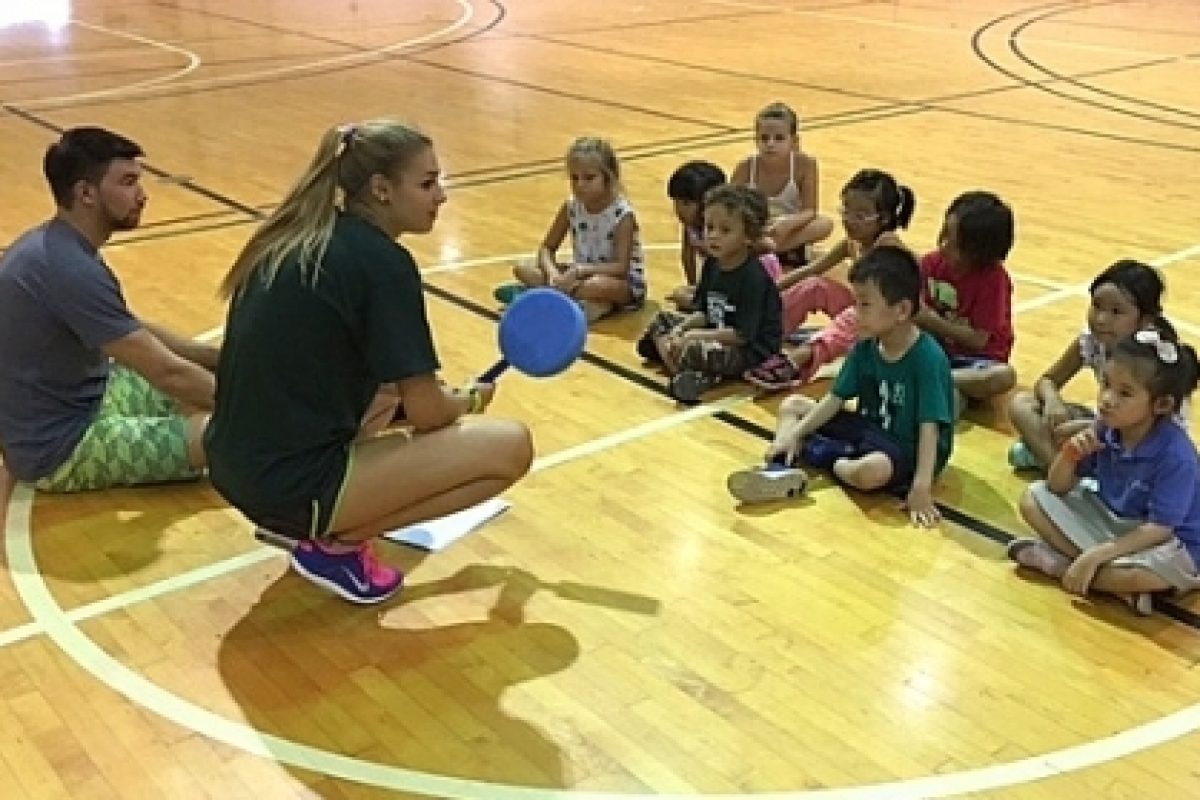Health & PE Teacher Education (HPETE)
Kinesiology & Rehabilitation Science (KRS)
Typical Length 4 years
Delivery Campus-Based
Nationally Accredited
Licensure
The Kinesiology & Rehabilitation Science Bachelor of Science degree in Health & Physical Education Teacher Education (HPETE) program is currently a member in good standing of the Association for Advancing Quality in Educator Preparation (AAQEP), with our next AAQEP full accreditation review scheduled for Spring 2021. The College was nationally accredited from 2001 to 2018 by NCATE, the National Council for Accreditation of Teacher Education.
A professional preparation curriculum is provided for students who wish to be licensed to teach health and physical education in grades: K-6 (Elementary), 6-12 (Secondary) or K-12 health and physical education. This health and physical education program is for future professionals who are passionate about contributing to the growth, development, health, fitness and wellness, and lifelong physical activity of all individuals, but especially among youth. The student who majors in this program of study must demonstrate competence in motor skills and achieve and maintain health-related fitness. Additionally, future professionals will gain comprehensive knowledge relative to content in health and physical education including, effective teaching strategies, National and state standards, cultural competence, assessment, and accountability. While this program can lead to teacher licensure, before you can pursue courses for the licensure track, you must be admitted into the licensure track. Although you will leave with teacher certifications, this degree is also marketable to help you pursue a career in youth sport, fitness, and many other opportunities related to health and physical activity.


 Office of Student Academic Services (OSAS)
Office of Student Academic Services (OSAS)